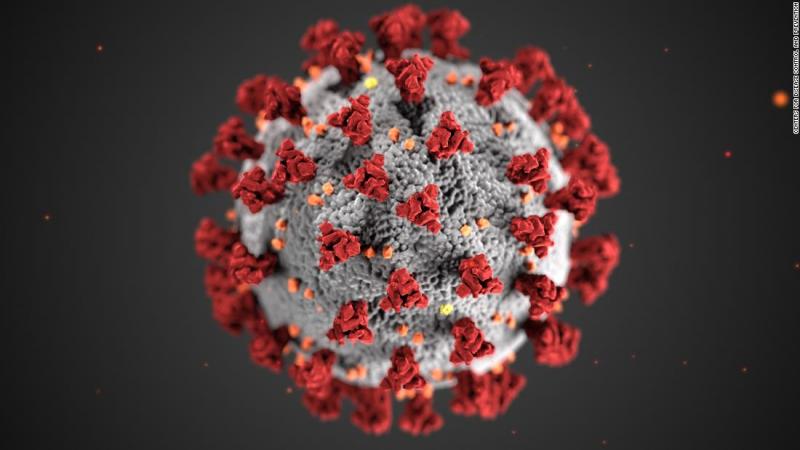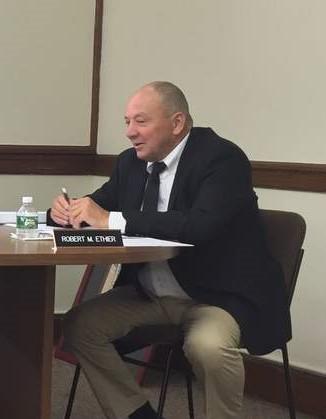Health Department connects the dots with contact tracing
When someone is diagnosed with coronavirus, public health officials leap into action to do detective work in an attempt to limit the virus’ spread.
Public health nurses, employed by towns and the state, reach out to every positive case and find out who that person has been in close contact with.
Then, they contact all of those people, and work with them to develop a plan to monitor symptoms or take whatever action is appropriate.
In Wareham, that work is done by Public Health Nurse Julie Silva, an additional nurse contracted for the pandemic, and, until recently, school nurses, who now have returned to school-related duties.
Robert Ethier, Wareham’s director of public health, explained how contact tracing works:
The town is alerted to a new positive case through an online program called MAVEN, or the Massachusetts Virtual Epidemiologic Network, which is used to track all kinds of communicable diseases, including coronavirus, chicken pox, and lyme disease, among others.
That report is shared with the state and local public health nurses.
When nurses learn of a new case, they call the patient and get a list of everyone that person has been in close contact with since about two days before they were infected -- a date the nurse and patient work to figure out together.
Close contact is defined as being within six feet of another person for fifteen or more minutes without wearing a mask.
“A lot of these contacts don't really catch on and people don't always get the virus, but in a lot of cases, they seem to,” Ethier said. “It might depend on how healthy you are, if you have your windows open, if you had close contact, if you hug somebody.”
Luckily, the majority of patients don’t have very many contacts: The most any Wareham patient had was eight.
Once nurses have a list of contacts, they reach out to each person on that list to find out if he or she has any symptoms, and makes recommendations on how they should respond, whether by quarantining, getting tested, or monitoring symptoms.
The nurses continue to stay in touch with patients and their contacts for fourteen days to make sure they are abiding by restrictions and getting the medical care they need.
While most patients are happy to help, some have refused to share their real address, contacts, or have even given fake names.
And sometimes clerical errors or old phone numbers or addresses imported from a patient’s file can send the public health nurses on a wild goose chase.
In some cases, the nurses have taken to Facebook in an effort to find patients.
“I give a lot of credit to the nurses,” Ethier said. “They’re almost like FBI agents.”
Because tracking and maintaining contact with patients and contacts is so labor intensive, the state has hired nearly 2,000 people to assist local health departments.
However, those staffers are using a different program to log data than public health employees, leading to difficulties in sharing information.
Ethier said that there is a lot still to be learned about the disease. He has seen one family in which all the members contracted the virus, but their only symptoms were a loss of smell, taste, and appetite.
But there are also cases like that of a very healthy 30-something-year-old man in New York who contracted the virus and was dead within a week.
Why some people are hit so much harder by the virus than others is still under investigation by doctors and the Center for Disease Control.
Ethier expressed his gratitude to the other town employees, including administrators, the police, and both fire districts for their support throughout the pandemic. He said that the collaborative relationship between the town agencies has been very valuable throughout the pandemic.
Ethier noted that it is still important for people to practice social distancing and good hygiene as the state begins to reopen.
Wearing a mask protects both one’s self and others, as does frequent handwashing. Handwashing is more effective than hand sanitizer, although sanitizer is better than nothing.
On a positive note, Ethier said that of the roughly 200 coronavirus cases in Wareham, at least 101 have recovered.
















